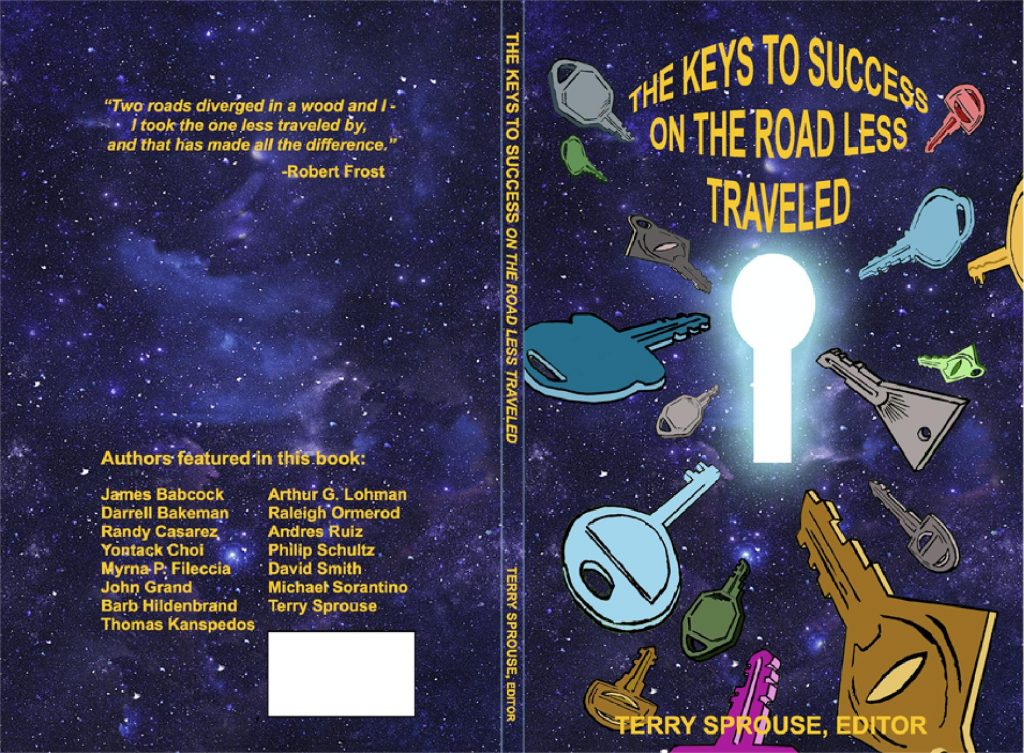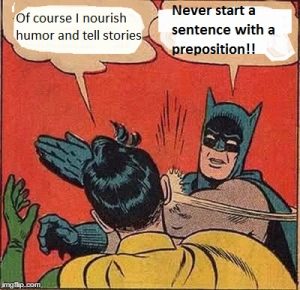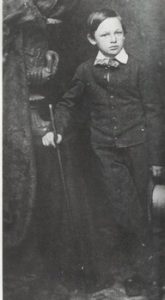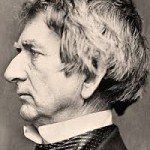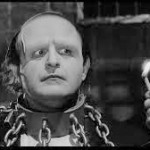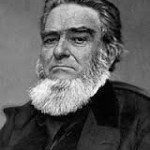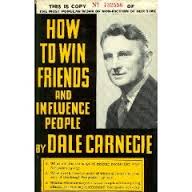“From the first moment of my interview with him (Abraham Lincoln) I seemed to myself to have been acquainted with him for years. For while he was among the most solid of men I ever met he was among the most transparent.” Frederick Douglass, author and orator.
“I really think that Mr. Lincoln’s propensity for story-telling has been exaggerated by his enemies. I had once the honor of conversing with him, or rather of hearing him converse, for several minutes, and in all that time he only told four little stories.” Sarah Jane Lippincott, author.
_____
If, like me, you are a stammering Neanderthal when it comes to small talk, the best way to connect with people is to tell a simple humorous story that reveals something about your life. That allows the other person see that you are open and friendly, and they feel comfortable responding to us with openness and friendliness.
The New Girlfriend
My son invited his new girlfriend over to our house for dinner. I made a batch of my heralded spaghetti. When we welcomed her into the house, her handshake was as limp as a wet fish. She only made eye contact with the spaghetti and responded with one syllable answers to the softball questions my wife and I lobbed to her.
To break the ice, I told a story.
I said, “I work as a substitute teacher in an elementary school. Wednesday I was walking my first grade class, in single file, to the library. Everything was going fine until one boy bent down to tie his shoe and all the kids behind fell over him, to the sound of bowling pins falling (in my mind).”
The girlfriend chuckled and the ice started to break. She smiled more, shared information about her family, and was more engaging. At least until our exceptionally friendly dog, Blackie, unexpectedly snatched the spaghetti off her plate.
Nobody saw that one coming.
Willie Lincoln – The Apple Doesn’t Fall Far From the Tree
Of all Lincoln sons, 11-year-old Willie Lincoln’s magnetic personality was most like that of Lincoln himself. Following Willie’s untimely death in 1863, Poet Nathaniel Parker Willis wrote the following article about Willie for The Home Journal. It provides a brilliant example of the prototypical friendly personality. I underlined key phrases.
This little fellow had his acquaintances among his father’s friends, and I chanced to be one of them. He never failed to seek me out in the crowd, shake hands, and make some pleasant remark; and this, in a boy of ten years of age, was, to say the least, endearing to a stranger. But he had more than mere affectionateness. His self-possession—aplomb, as the French call it— was extraordinary.
I was one day passing the White House, when he was outside with a play-fellow on the sidewalk. Mr. Seward (Secretary of State) drove in, with Prince Napoleon; and, in a mock-heroic way—terms of intimacy evidently existing between the boy and the Secretary—the official gentleman took off his hat, and Napoleon did the same, all making the young prince President a ceremonious salute.
Not a bit staggered with the homage, Willie drew himself up to his full height, took off his little cap with graceful self-possession, and bowed down formally to the ground, like a little ambassador. They drove past, and he went on unconcernedly with his play: the impromptu readiness and good judgment being clearly a part of his nature.
His genial and open expression of countenance was none the less ingenuous and fearless for a certain tincture of fun; and it was in this mingling of qualities that he so faithfully resembled his father.
The vivid lessons we learn from Willie Lincoln are that he:
1) greeted others by shaking hands and making a pleasant remark;
2) displayed a graceful confidence;
3) had a genial and open countenance; and,
4) mixed fun and formality together.
Political Humor
There is a distinct difference between the self-confidence of Willie Lincoln and the self-centeredness of politicians. Yet, making fun of the excesses of their fellow elected officials, is a proven way that politicians connect with constituents. Senator Mo Udall, no exception to the rule, (Too Funny to Be President) illustrates this technique in his story about two congressional colleagues.
George Smathers was running against Claude Pepper in a Senate race. In a speech in rural Florida, Smathers did a euphemistic hatchet job on Pepper. Smathers said,
“Are you aware that Claude Pepper is known all over Washington as a shameless extrovert? Not only that,” Smathers went on, “but this man is reliably reported to practice nepotism with his sister-in-law, and he has a sister who was once a thespian in New York. Worst of all,” Smathers said mournfully, “it is an established fact that Mr. Pepper, before his marriage, practiced celibacy.”
Everybody can relate to the pompous and self-absorbed nature of politicians. Like the kitten that attacks its own image in the mirror, it is reliable approach to share humor and to connect with others.
As Will Rogers observed,
“About all I can say for the United States Senate is that it opens with a prayer and closes with an investigation.”
Upcoming Pesentations:
June 5, 2018. How Abraham Lincoln Used Stories to Touch Hearts, Minds and Funny Bones. Arizona Society for Professional Hypnosis. Scottsdale Senior Community Center,1700 North Granite Reef Road, Meeting Room 7, Scottsdale, AZ, 6:30 pm.
October 20, 2018. How Abraham Lincoln Used Stories to Touch Hearts, Minds and Funny Bones. Prescott Valley Public Library (7401 E. Civic Circle), 1:00 – 2:00 pm. Prescott, AZ.
NOW AVAILABLE!!!
